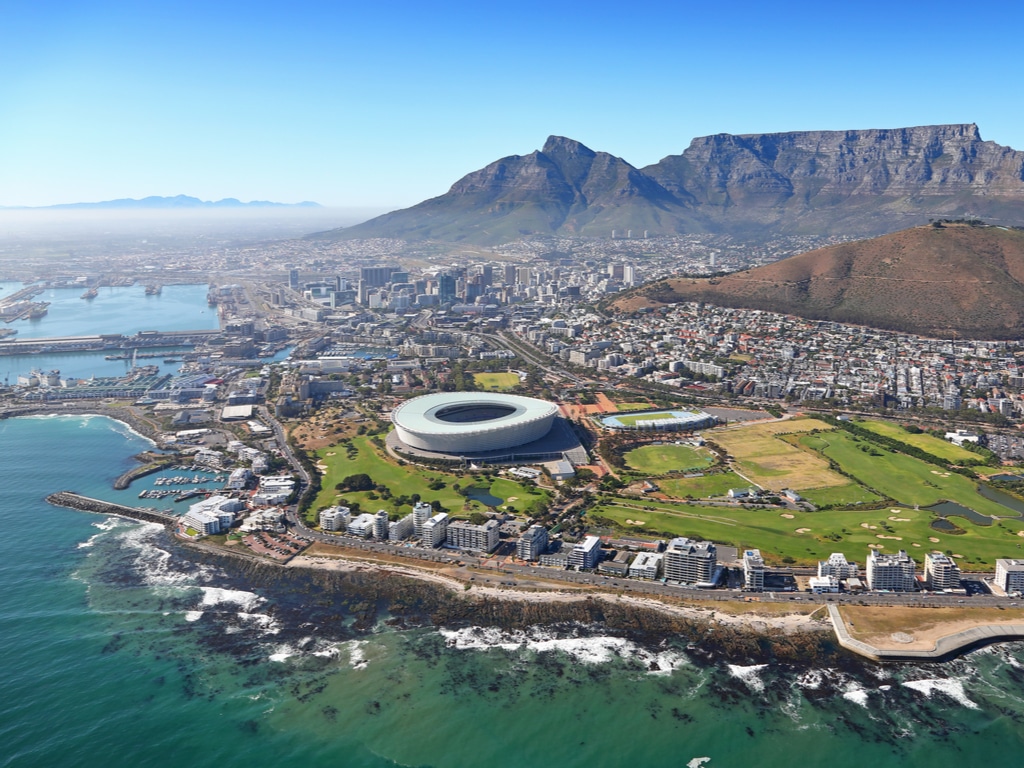Ensuring the comfort and safety of tourists. The vision of the Victoria & Alfred (V&A) Waterfront was recalled during the presentation of its new project. The initiative aims to improve the supply of drinking water on the tourist site through the desalination of seawater, in a context marked by the Covid-19 pandemic and climate disruption.
Growthpoint Properties, the real estate company that owns 50% of the V&A Waterfront, has obtained approval from the South African authorities to implement the desalination project. Work on the project is expected to start in the first quarter of 2022.
Production capacity of 3,300 m3 of water per day
The Johannesburg-based company plans to commission the future facility by 2024. The seawater desalination plant will have a capacity of 3,300 m3 per day. This will meet part of the needs of the site, which welcomes nearly 24 million visitors per year.
The V&A Waterfront is one of Africa’s most popular destinations because it harmoniously blends diverse ecosystems, ocean and mountain views (Table Mountain, etc.), cool sea breezes and constant sunshine that add to the vibrant cosmopolitan atmosphere. Like the V&A Waterfront, more and more companies based in South Africa are making the choice to desalinate seawater to cope with water stress.
Read also- AFRICA: desalination now at the heart of water supply strategies
As of May 2019, one of Radisson Blu’s hotels in Granger Bay, an area of Cape Town, has a seawater desalination plant. The plant is capable of supplying 7 m3 of fresh water per hour from a 100 m deep borehole.
Inès Magoum
